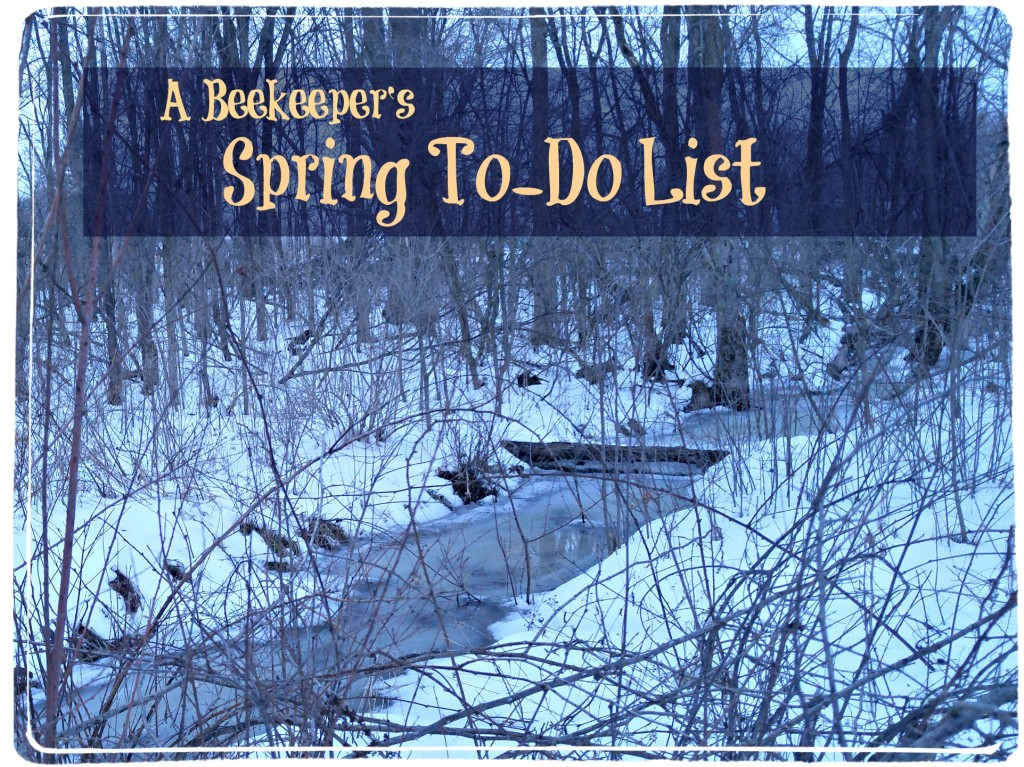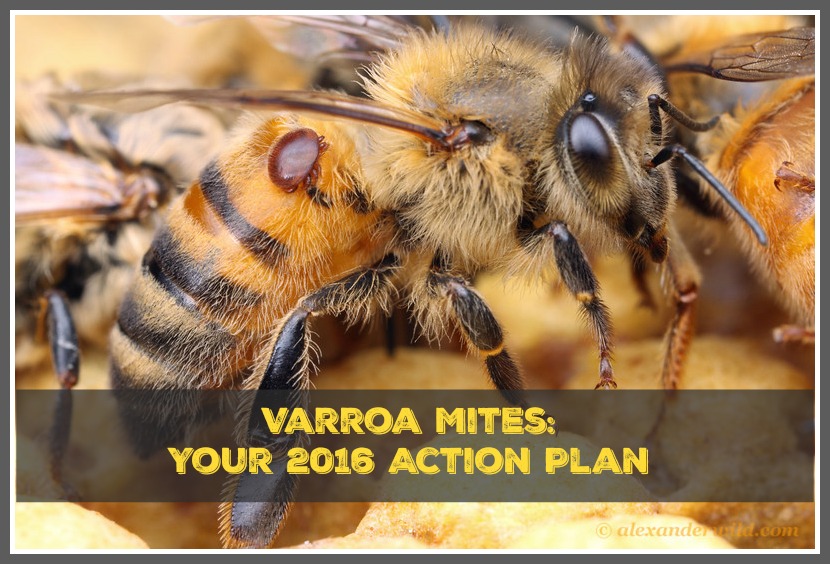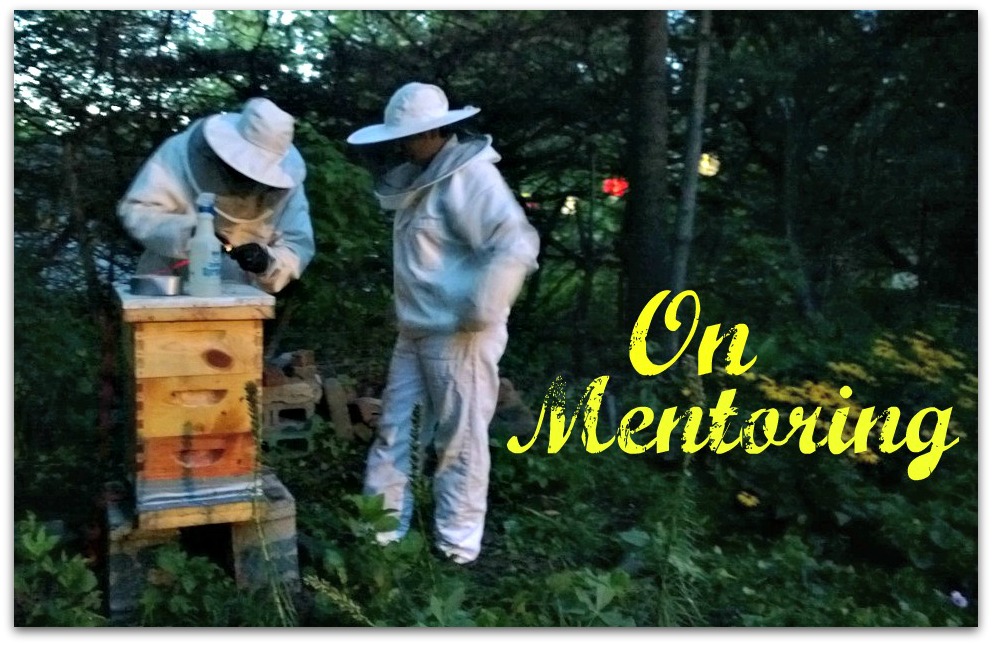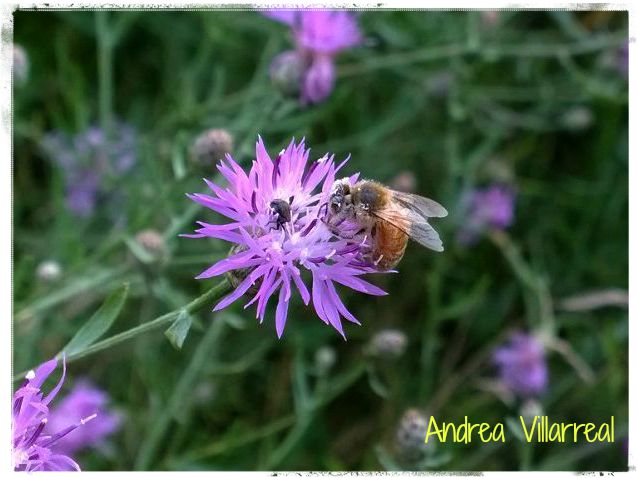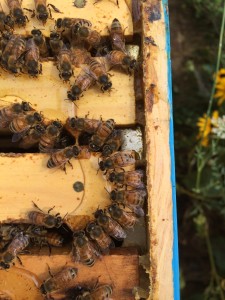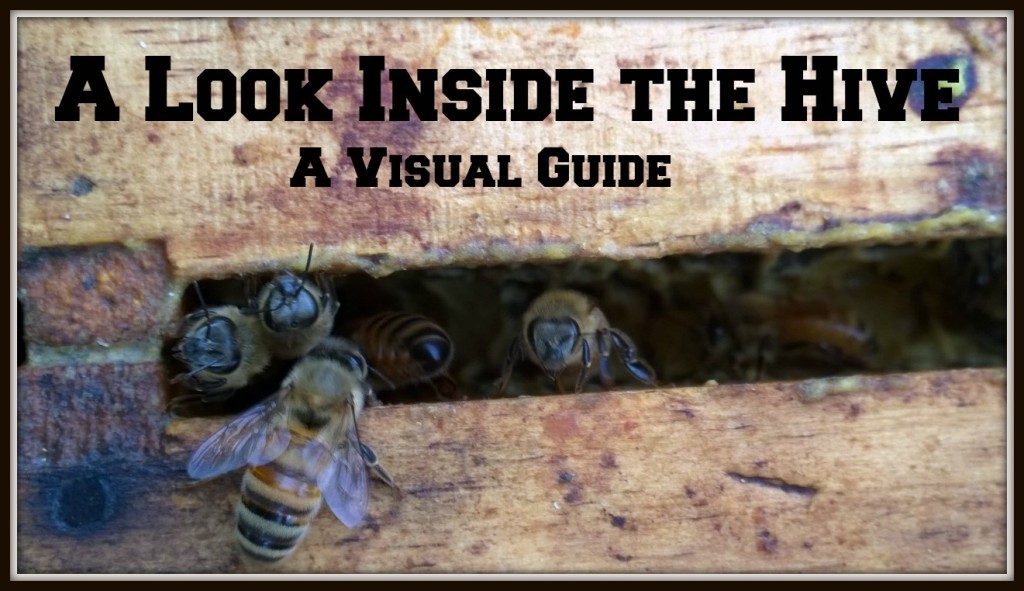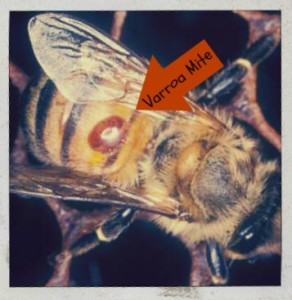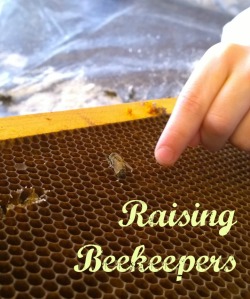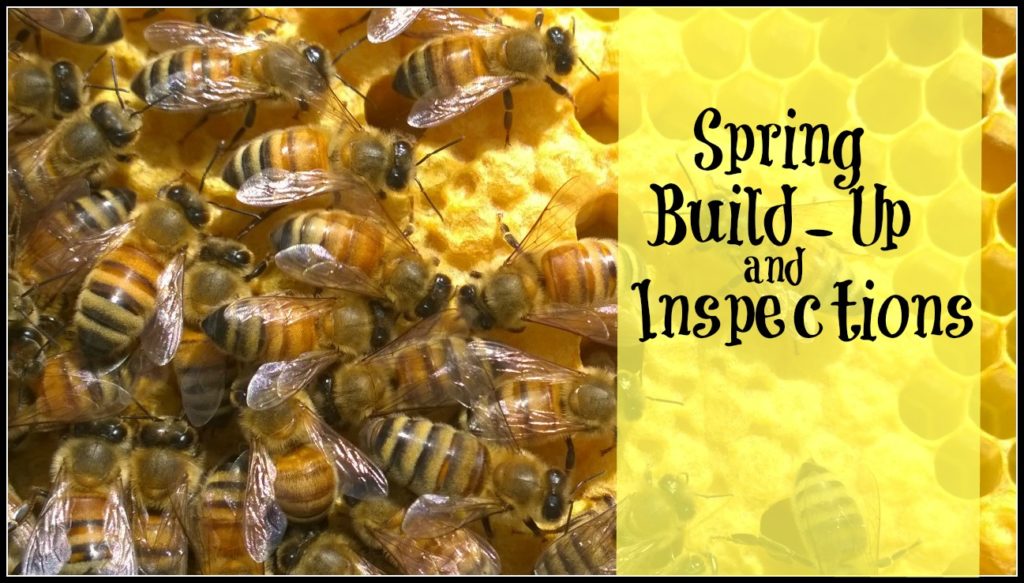
Wednesday night Anne Marie Fauvel, beekeeper and educator from Grand Valley State University, spoke to the bee club about spring her spring to-do list. Below is an overview of the information covered.
This time of year new beekeepers are always anxious to get into their hives, but aren’t entirely sure what they should be doing or looking for. Anne’s presentation covered two important components for this time of year: why a spring build-up in important and what to look for during spring hive inspections.Continue Reading
